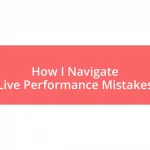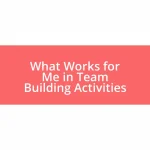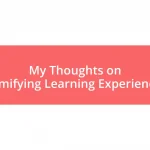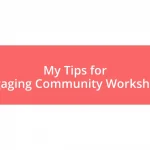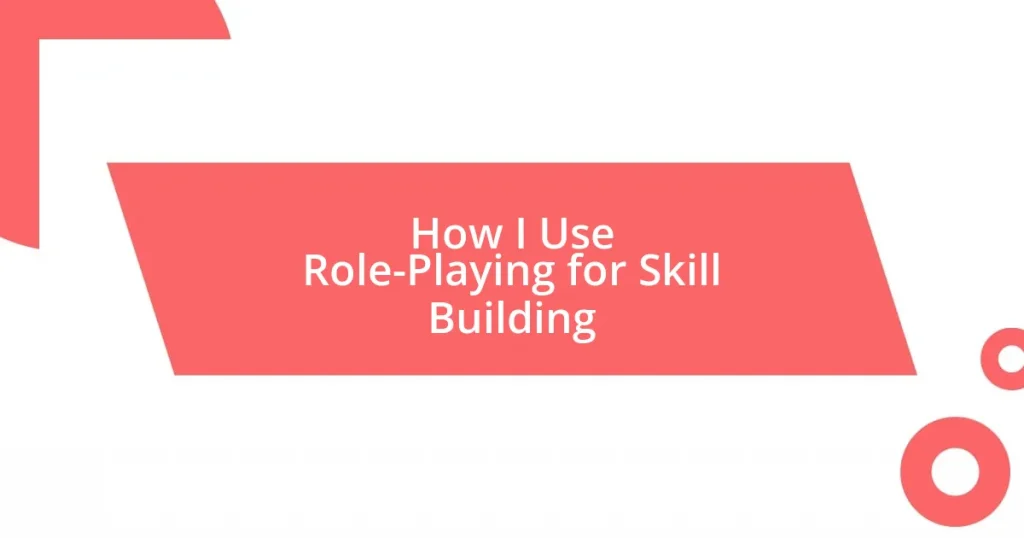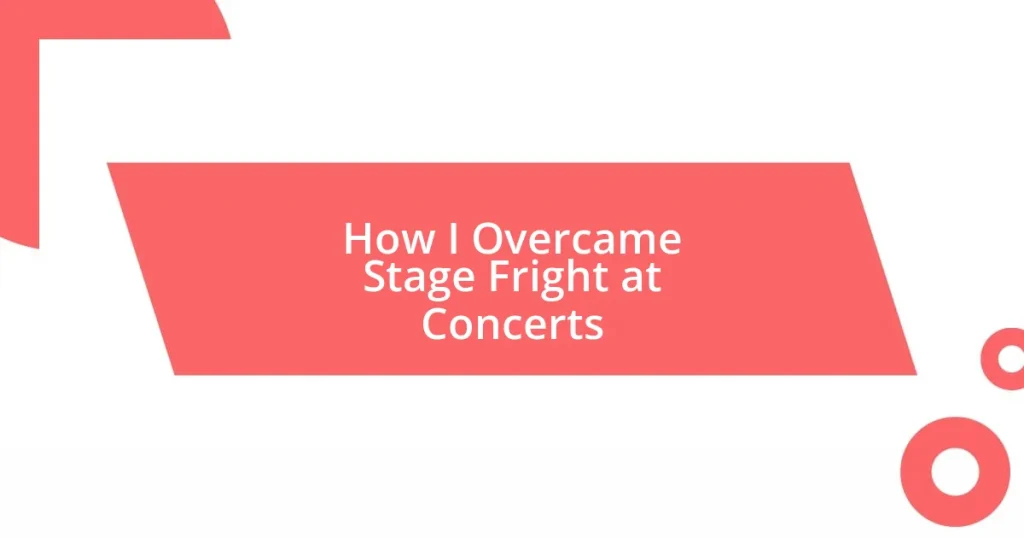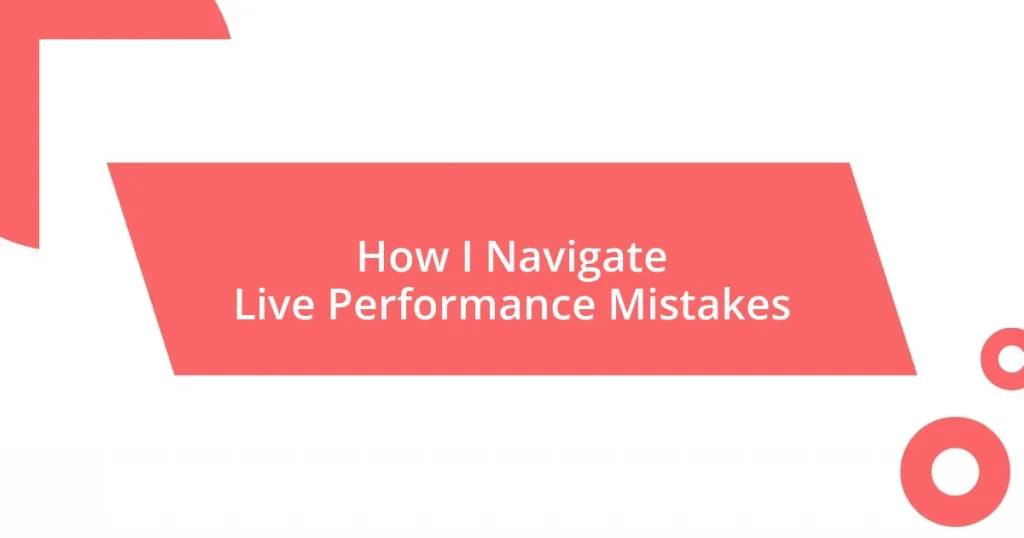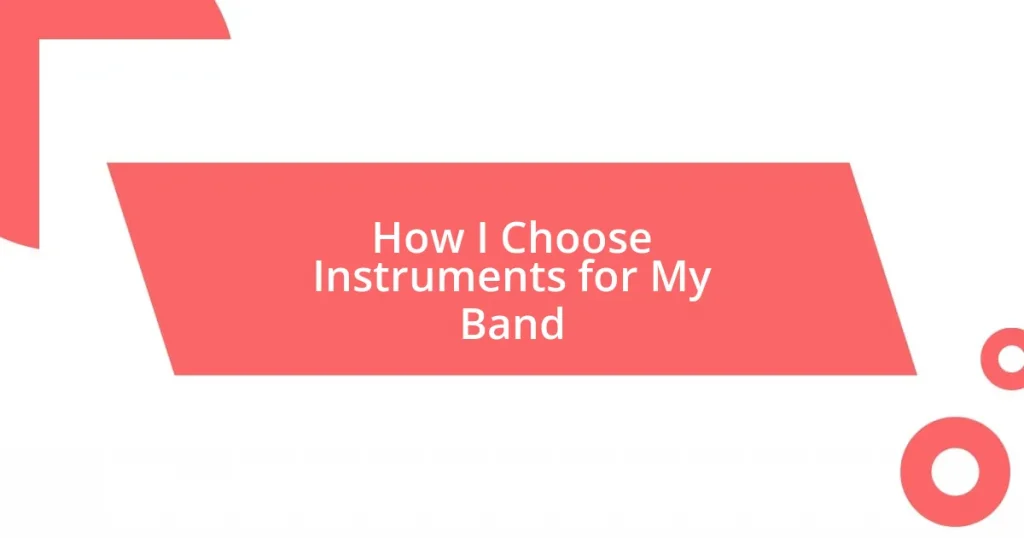Key takeaways:
- Role-playing enhances skill development by simulating real-world scenarios, offering immediate feedback and a safe environment for experimentation.
- Identifying specific skills for improvement, such as conflict resolution and negotiation, makes practice more targeted and purposeful.
- Creating a flexible role-playing framework with clear roles and guidelines fosters engagement and allows for organic learning experiences.
- Incorporating participant feedback after sessions promotes emotional growth and strengthens team dynamics, making learning more meaningful.
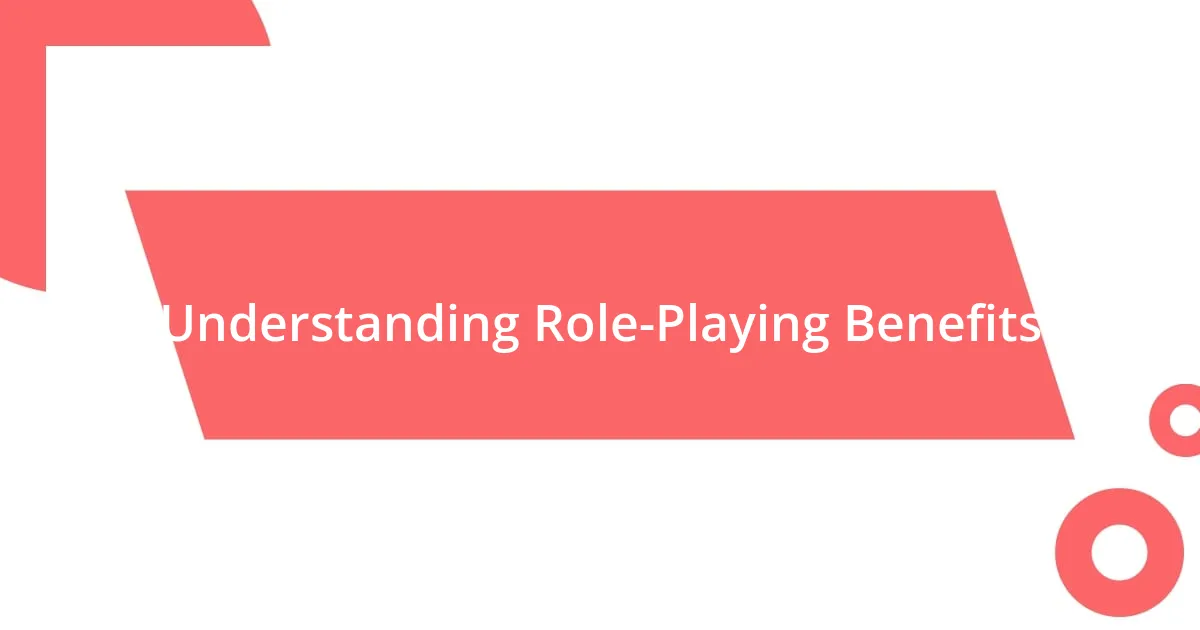
Understanding Role-Playing Benefits
Role-playing offers a dynamic way to build skills by placing individuals in real-world scenarios where they can practice and refine their abilities. I remember a time when I participated in a role-playing exercise focused on customer service. It was fascinating to see how quickly I adapted to different personalities and challenges, and I realized how invaluable this practice was for boosting my confidence.
One of the standout benefits of role-playing is the immediate feedback you receive from peers and facilitators. After a session, I felt vulnerable sharing my experience, but the constructive critiques really helped me pinpoint my strengths and weaknesses. Isn’t it incredible how constructive feedback, when coupled with hands-on practice, can accelerate your learning journey?
Another significant advantage is the safe environment it provides to experiment with new approaches. There was a moment in a role-playing scenario where I stepped outside my comfort zone and tried a completely different communication technique. It felt risky, yet exhilarating! This exploration not only sharpened my skills but also opened my eyes to perspectives I hadn’t considered before. How often do we get such invaluable experiences without real-world repercussions?
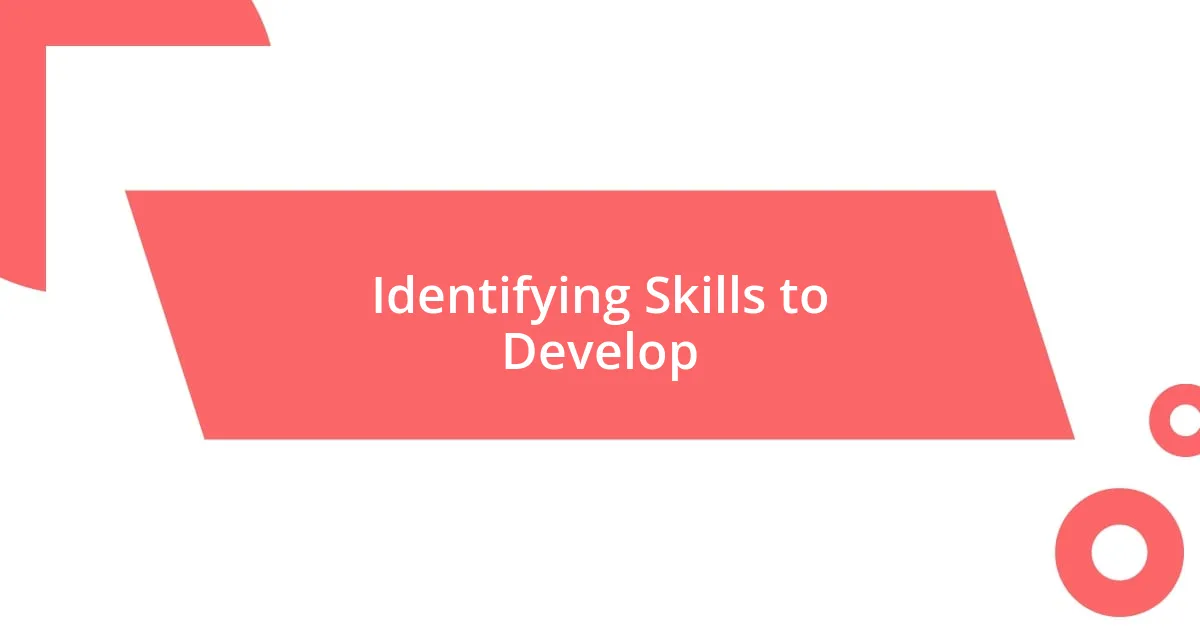
Identifying Skills to Develop
Identifying the skills I want to develop is a crucial first step in my role-playing journey. I look into areas where I feel less confident or where improvement could enhance my professional interactions. For example, I once realized that I struggled with conflict resolution during team meetings, which led me to focus specifically on that skill in a role-playing session. It’s eye-opening to see how pinpointing specific skills makes my practice feel more targeted and purposeful.
Here are some skills that I often focus on developing through role-playing:
- Communication Techniques: Understanding how to articulate ideas clearly.
- Conflict Resolution: Finding effective ways to navigate disagreements.
- Empathy: Cultivating a deeper understanding of others’ perspectives.
- Decision-Making: Practicing the art of quick and informed choices.
- Negotiation Skills: Engaging in back-and-forth dialogue to reach agreements.
Embracing a hands-on method to address my weaknesses has been transformative, and I always encourage others to assess their own skill gaps as a starting point.
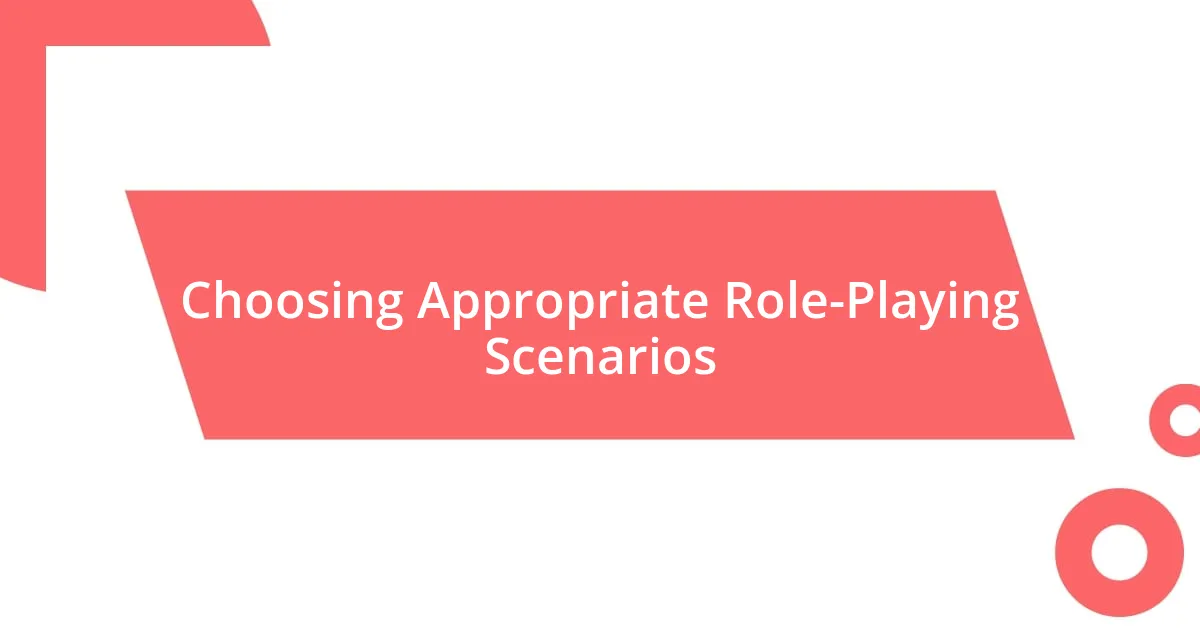
Choosing Appropriate Role-Playing Scenarios
Choosing the right role-playing scenarios can significantly influence the effectiveness of skill-building. I often find myself reflecting on experiences that resonate with my current professional challenges. For instance, I once designed a scenario where I had to lead a team through a tight deadline. This allowed me to practice my delegation and time management skills, which were areas I felt needed improvement. The authenticity of the situation helped me understand my reactions better; it was as if I was in a real leadership position, navigating not just tasks but team dynamics too.
When selecting scenarios, I recommend considering the context of your goals. Scenarios should mirror situations you frequently face at work or life. I remember incorporating a scenario based on a recent emotional negotiation I had. This exercise brought about moments of vulnerability and growth, as it pushed me to contextualize my emotions and responses to better equip myself for future negotiations. What I learned is that relatable scenarios tend to create deeper emotional connections that subsequently bolster retention of the skills practiced.
Lastly, it can be beneficial to collaborate with peers or a mentor when crafting these scenarios. Engaging others allows for diverse perspectives, helping to create well-rounded exercises. I recall a brainstorming session where we collectively mapped out potential scenarios, resulting in a mix of creativity and practicality. This collaborative approach not only enriched the scenarios but also fostered an environment of shared learning, which is vital in any skill-building journey.
| Scenario Type | Description |
|---|---|
| Workplace Conflict | Practice resolving disagreements in a controlled setting. |
| Team Leadership | Engage in leading a group through challenges while managing dynamics. |
| Client Negotiation | Simulate negotiations with a focus on emotional intelligence and persuasion. |
| Public Speaking | Refine communication and presentation skills through realistic speaking scenarios. |
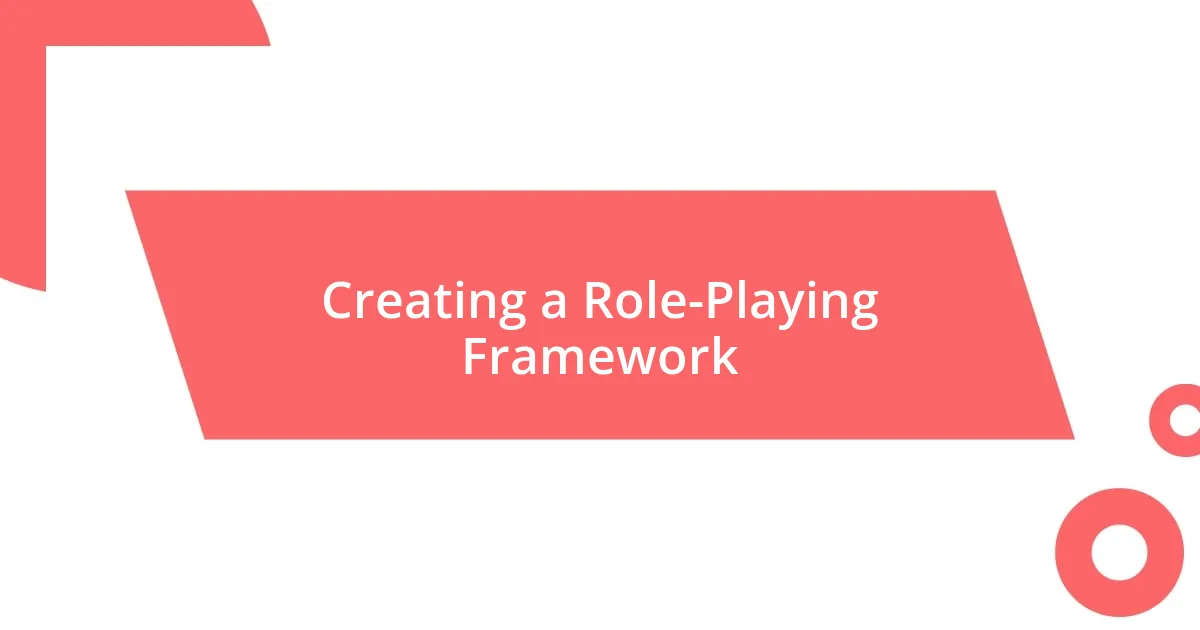
Creating a Role-Playing Framework
Creating a solid role-playing framework is essential for maximizing the benefits of this approach. I’ve found that clearly defining the roles and objectives at the start of each session boosts focus and engagement. For instance, once I took on the role of a customer in a simulation designed to enhance my colleague’s sales skills. It was intriguing to step into a different perspective, prompting me to think about what I truly valued in a salesperson—authenticity and understanding. This helped the team member sharpen their approach while allowing me to reflect on customer dynamics.
Moreover, incorporating guidelines for the session makes a noticeable difference. I remember establishing a set of rules around feedback after a role-playing exercise, which encouraged honesty while maintaining a respectful atmosphere. It created a safe space where we felt more comfortable sharing vulnerability. Have you ever noticed how a well-structured environment can bring out the best in people? It’s like flipping a switch; when there’s clarity in expectations, everyone steps up their game and embraces the process wholeheartedly.
Lastly, keeping the framework flexible is equally important. Adaptability allows for organic growth during practice sessions. I’ve encountered times when a scenario didn’t play out as anticipated, leading to unexpected learning moments. One such instance involved a mock negotiation that devolved into humor and candid conversation. This spontaneity taught me more about improvisation than sticking rigidly to a script ever could. Embracing the unpredictability of role-playing can truly enrich the experience, making it feel like a dynamic exploration rather than a chore. How do you think you would handle surprises in your role-playing scenarios?
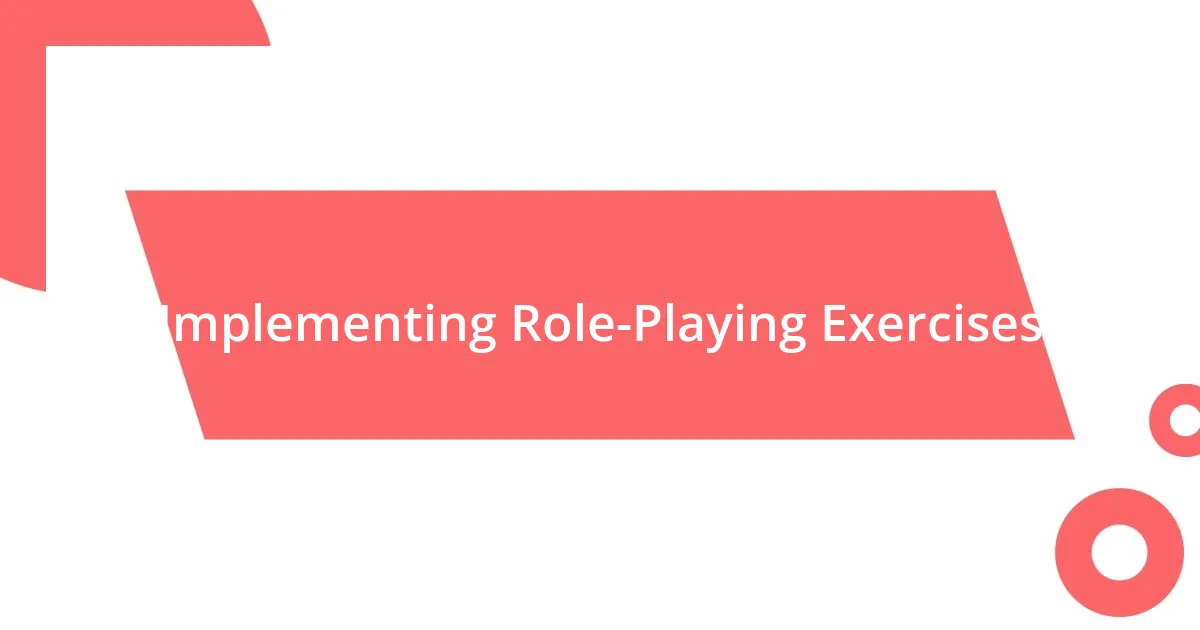
Implementing Role-Playing Exercises
Implementing role-playing exercises requires careful planning to ensure each session is productive and engaging. I remember one particular exercise that involved role-playing a difficult conversation with a colleague. While preparing, I felt a mix of anticipation and anxiety. However, stepping into my colleague’s shoes transformed my perspective and highlighted the importance of empathy. It was a revelation that even a simple conversation can have layers, which we often don’t recognize until we walk through the other’s experience. Have you had a moment like that?
As I began facilitating role-playing sessions, I quickly learned the importance of setting the right tone. When participants feel comfortable and safe, they’re more likely to open up. In one memorable instance, I implemented a ‘no judgment’ rule, which created an atmosphere where team members expressed their thoughts freely. It was beautiful to witness vulnerability in a professional context; people shared their fears and aspirations, making the learning experience so much richer. How do you think establishing safety impacts skill development?
Reflecting on the outcomes of these exercises is equally crucial. After each role-playing session, I encourage participants to share their insights and feelings. In one scenario focused on public speaking, the feedback session transformed into a discussion about anxiety and self-acceptance. I discovered that many of us share similar fears, which fosters a sense of community. The experience was enlightening—it showed me that role-playing is not merely about practicing skills; it’s also about building connections and understanding one another on a deeper level. Isn’t it fascinating how vulnerability can lead to stronger bonds among colleagues?
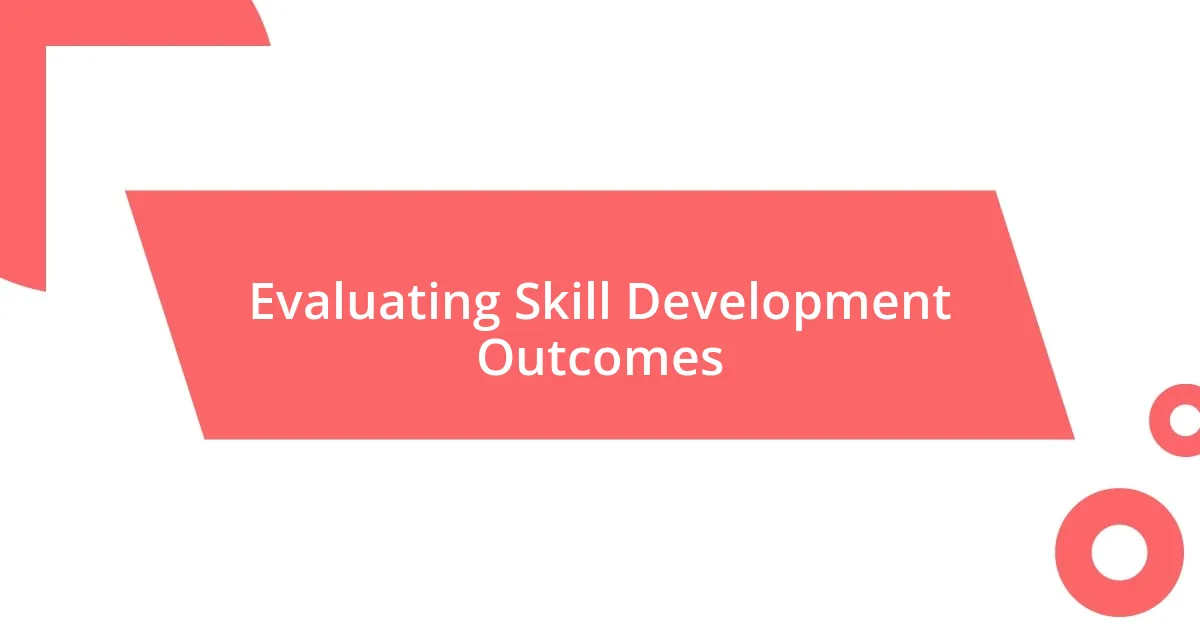
Evaluating Skill Development Outcomes
Evaluating skill development outcomes is often a blend of quantifiable and qualitative insights. For me, feedback forms a critical part of this process. I recall a time when we introduced anonymous assessments after a series of role-playing sessions. The honest comments revealed not only improvements in specific skills but also highlighted areas where participants felt less confident. This encouraged a culture of open dialogue. Have you seen how a simple shift in feedback can transform a team’s learning experience?
When I reflect on the outcomes, I make it a point to analyze both the skills gained and the emotional growth within the group. A while back, I led a session focusing on conflict resolution, and participants shared how they navigated heated moments comfortably. The sense of relief was palpable. The emotional insights they provided were just as valuable as their newly acquired techniques. Isn’t it intriguing how emotional comfort breeds confidence and capability in skill application?
Ultimately, I believe assessing the outcomes entails revisiting the initial objectives set at the start. I often find myself asking, “Did we achieve what we aimed for?” In one instance, after our role-playing on leadership styles, the team members discussed how they’d apply what they learned in real-life situations. This reflection solidified their personal investments in the skills developed. Don’t you think aligning outcomes with predetermined goals makes the learning process feel more meaningful?
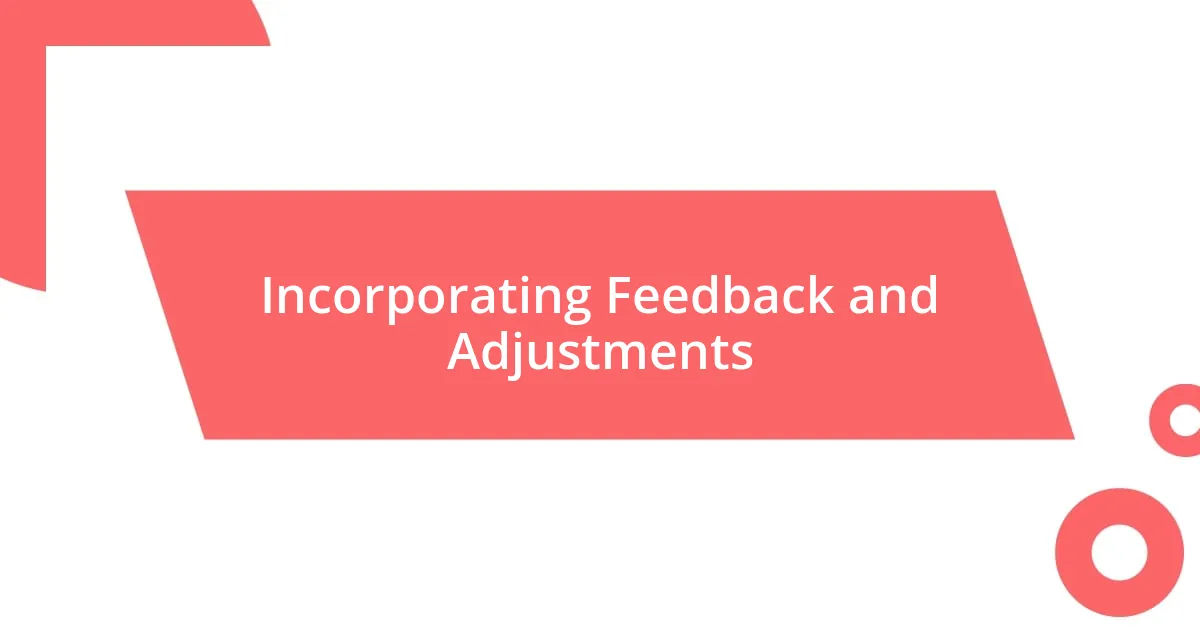
Incorporating Feedback and Adjustments
Incorporating feedback and adjustments into role-playing sessions is where the real learning happens. I remember a time when I was facilitating a session on customer service. After the role-play, I urged participants to give candid feedback about what felt genuine and what didn’t. The comments were eye-opening—some expressed discomfort with their approach, leading to a rich discussion on authenticity in interactions. Have you ever realized that your comfort level can significantly impact your performance?
Adjustments based on this feedback are essential. For instance, in one scenario focused on negotiation skills, participants shared that they felt rushed. I decided to extend the next round, allowing more time to explore strategies. The shift made a significant impact; the subsequent session was filled with creative solutions and deeper conversations. It’s amazing how a little extra time can turn anxiety into exploration, isn’t it?
I also believe that continuous adjustments foster resilience. After a role-playing exercise on difficult conversations, team members openly discussed their feelings. One participant shared how adjusting their tone of voice made a world of difference. This conversation not only reinforced the skills learned but also created a safe space for vulnerability, enhancing their emotional intelligence. Isn’t it fascinating how feedback can evolve into a powerful tool for personal and professional growth?

